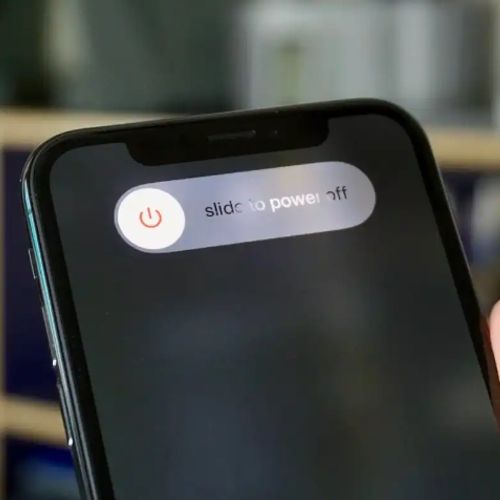Amidst the ceaseless buzz of notifications, emails, and social media updates, many of us find ourselves overwhelmed by the volume of digital interactions. This relentless stream of information can leave us feeling anxious, scattered, and mentally drained. The constant overstimulation not only increases stress but also shortens our attention spans, ultimately taking a toll on our overall well-being. This is where a digital detox comes into play—a deliberate break from screens that provides a much-needed respite and an opportunity to reclaim our mental clarity and peace.
The Modern Conundrum: Digital Overload
Our constant engagement with digital platforms often leads to digital overload, resulting in fragmented attention and heightened stress levels. A study published in The Journal of Social Psychology explored the effects of a short-term break from Facebook on users' stress levels and found compelling results. Participants who took a five-day hiatus from Facebook reported not only significant reductions in cortisol, a key stress hormone, but also an increased sense of well-being. This study underscores the profound benefits of a digital detox, demonstrating that even brief periods away from social media can significantly alleviate stress and enhance overall mental health. For more details, check out the full study here.
The Benefits of a Digital Detox
Reduced Stress Levels: A well-timed digital detox can act as a reset button for our stressed minds. By stepping away from the constant influx of information, we give our brains a much-needed break, leading to a tangible decrease in cortisol levels and, consequently, stress.
Improved Focus and Productivity: Constant digital distractions can erode our ability to focus, making even simple tasks feel insurmountable. A break from these devices allows our brains to recalibrate, enhancing our ability to concentrate and boosting productivity.
Enhanced Emotional Well-being: Social media often presents an idealized version of life, leading to feelings of inadequacy or FOMO (fear of missing out). Disconnecting from these platforms allows us to reconnect with our true selves and build a healthier, more positive self-image.
Better Sleep Quality: Blue light from screens can disrupt our circadian rhythms, making it difficult to fall asleep and stay asleep. Reducing screen time, especially in the evening, can significantly improve the quality of our sleep and overall well-being.
How to Implement a Digital Detox
Set Clear Boundaries: Establish specific times or days when you will be device-free, such as during meals, before bedtime, or on weekends. Clearly communicate these boundaries to friends and family to ensure their support and respect for your digital downtime.
Create Tech-Free Zones: Designate certain areas of your home, like the bedroom or dining area, as tech-free zones. This practice helps create sanctuaries for relaxation and mindful living, free from the distractions of digital devices. In these spaces, focus on activities that promote calm and presence.
Engage in Offline Activities: Rediscover activities that don’t involve screens, such as reading, exercising, cooking, or spending time in nature. These offline hobbies provide a refreshing contrast to digital engagement and help you reconnect with the physical world, promoting a sense of fulfillment and balance.
Use the Internet as a Resource for Stress Reduction: While reducing screen time is key, the internet can also be a valuable tool for managing stress through mindful practices. Consider exploring content that helps you step away from the overstimulation:
- Breathwork Sessions: Breathwork techniques can help reduce anxiety and promote relaxation. Channels offering guided breathwork include Wim Hof and Breathe with Sandy.
- Guided Meditation: For those new to meditation or looking for structured sessions, guided meditation videos can be very helpful. Check out channels like The Mindful Movement and Michael Sealey for various guided meditation practices.
- Relaxing Nature Sounds: Nature sounds can be a soothing background for relaxation or meditation. Channels like Relaxing White Noise offer a variety of ambient sounds, from rainforest noises to ocean waves.
Practice Mindfulness: Incorporate mindfulness techniques, such as meditation or yoga, into your daily routine. These practices can help you stay present and reduce the impulse to constantly check your devices. Even brief daily sessions can significantly improve mental clarity and reduce stress.
By thoughtfully integrating these strategies into your daily life, you can create a more balanced and mindful relationship with technology, reducing the stress associated with digital overload.
A digital detox offers a simple yet effective way to reduce stress, improve focus, and foster deeper, more meaningful connections with the world around us. By incorporating a digital detox into your routine, you can experience the profound benefits of a more balanced, mindful life. Consider making this practice a cornerstone of your self-care strategy and enjoy the clarity and peace that come with it.





















